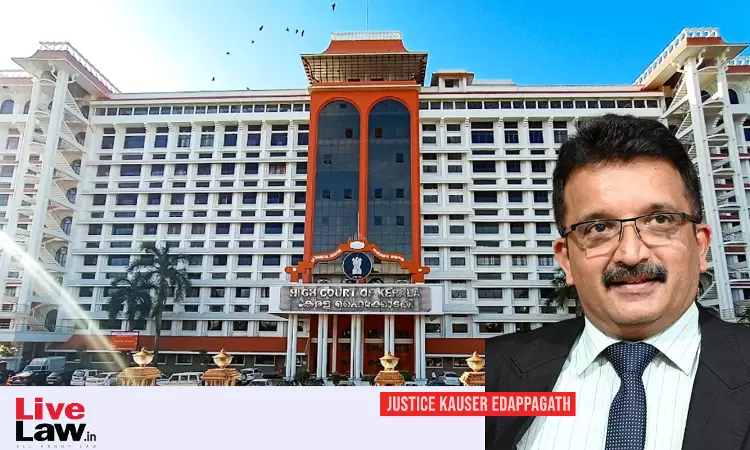Next Story
28 May 2024 9:38 AM IST
The Kerala High Court has held that the court as a matter of practice requires corroboration in material particulars for conviction of an accused on the testimony of an accomplice. The nature and extent of the corroboration required will vary with the circumstances of each case and particular circumstances of the offence alleged in each case.“There need not be independent confirmation of...

